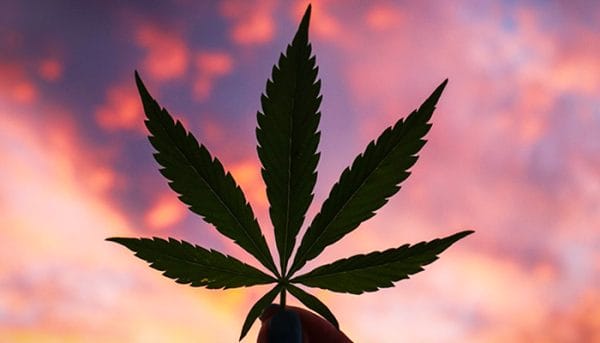Have you been considering getting your Michigan Class B Grower License? Then this post is for you!
If you’re looking to grow marijuana legally in MI, then you’ll need to obtain a license from the state. The process can seem daunting, but we’re here to help!
In this post, we’ll cover everything you need to know about getting your Michigan Class B Grower License, from the application process to the requirements you’ll need to meet. But first, let’s talk about what activities the Class B Grower License allows.
Need help obtaining a Class B Grower License in Michigan? Contact us now to speak with one of our experts and take the first step to getting your license today.
What is a Class B Grower in Michigan?
The state of Michigan classifies growers into several categories. A Class B Grower can cultivate up to 500 plants. However, unlike Class C Grower licensees, Class B licensees cannot stack their licenses. This means that if you have a Class B license, you can only cultivate up to 500 plants total, regardless of how many licenses you have.
The MMFLA is responsible for licensing Class B growers in Michigan. To be eligible for a Class B license, applicants have some requirements they must adhere to, as well.
Michigan Class B Grower License Requirements
Anyone considering getting a Class B Grower License in Michigan should be aware of the requirements. This, of course, includes minimum capital requirements.
Potential licensees are required to have a specific amount of capital ready to invest in their operations. For Class B growers in Michigan, the capital requirement is $300,000.
With this in mind, applicants must show how they will spend the money they intend to use for operations and facility maintenance, as well as their resources.
Furthermore, applicants must provide:
- 25% of the capital they’re planning to use to pay the operating and maintenance costs for their cannabis facility, as stated in their application.
- The applicant must have possession of a cannabis inventory that complies with the Michigan medical marihuana law’s standards for compliance. They must also be a qualified patient registered or primary caregiver registered with the state.
- The maximum quantity of cannabis and plants that can be used to inventory the purposes for this division is fifteen ounces of usable cannabis or the equivalent of 72 plants in order to satisfy the capitalization requirements set by the government.
- All of the assets that are offered as sources of capital are secured without a lien on them.
To verify the authenticity of your sources of capital and your total assets, you’ll need to have CPA-certified financial statements. Northstar can assist you with obtaining the required statements.
Additionally, you will need to provide verification from a foreign CPA for the foreign sources of capital you own and a domestic CPA will have to verify the foreign CPA’s verification’s validity.
Michigan Class B Grower License Cost
The costs involved in getting a Michigan Class B Grower License include the renewal fee, which is $6,000. Furthermore, you’ll still need to have the capital to ensure your application is accepted.
As previously said, the capital requirement for a Class B Grower License in Michigan is $300,000. With this in mind, the total cost of getting your Class B License will be at least $306,000.
Closing on the Michigan Class B Grower License
If you’re considering getting your Class B Grower License in MI, you’ll need to have a few things in order. First, you’ll need to have the capital required for your application, as well as CPA-certified financial statements. We can assist you with everything you need to obtain your license to operate legally.
At Northstar, our cannabis-specific CPAs can help you get your Class B Grower License in Michigan. Contact us now for a consultation with one of our experts and take the first step to obtaining your license today.
